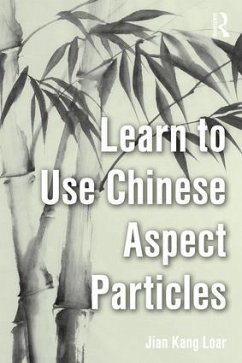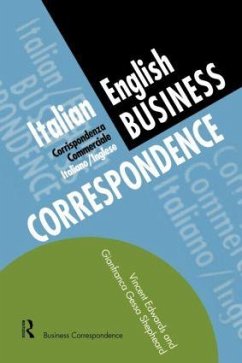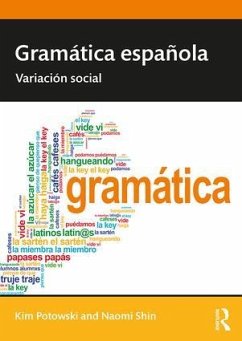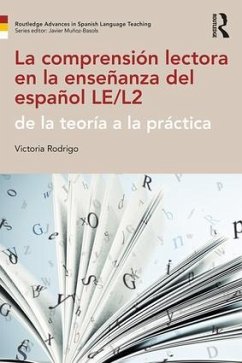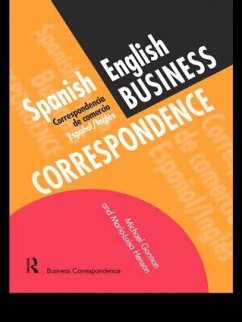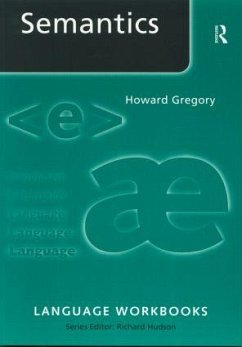
Semantics of Chinese Questions
An Interface Approach
Versandkostenfrei!
Versandfertig in 1-2 Wochen
55,99 €
inkl. MwSt.
Weitere Ausgaben:

PAYBACK Punkte
28 °P sammeln!
Semantics of Chinese Questions is the first major study of Chinese questions, especially wh-questions, within the framework of Alternative Semantics. It takes an interface approach to study the syntax, semantics, and phonology of questions and proposes a phonological scope-marking strategy in Chinese questions, based upon experimental data. It also incorporates historical linguistic data regarding the grammaticalization of sentence-final particles such as -ne and -ma to study the formal diachronic semantics of questions. Primarily suitable for scholars in the field of Chinese linguistics, this...
Semantics of Chinese Questions is the first major study of Chinese questions, especially wh-questions, within the framework of Alternative Semantics. It takes an interface approach to study the syntax, semantics, and phonology of questions and proposes a phonological scope-marking strategy in Chinese questions, based upon experimental data. It also incorporates historical linguistic data regarding the grammaticalization of sentence-final particles such as -ne and -ma to study the formal diachronic semantics of questions. Primarily suitable for scholars in the field of Chinese linguistics, this book makes new theoretical contributions to the study of questions.






